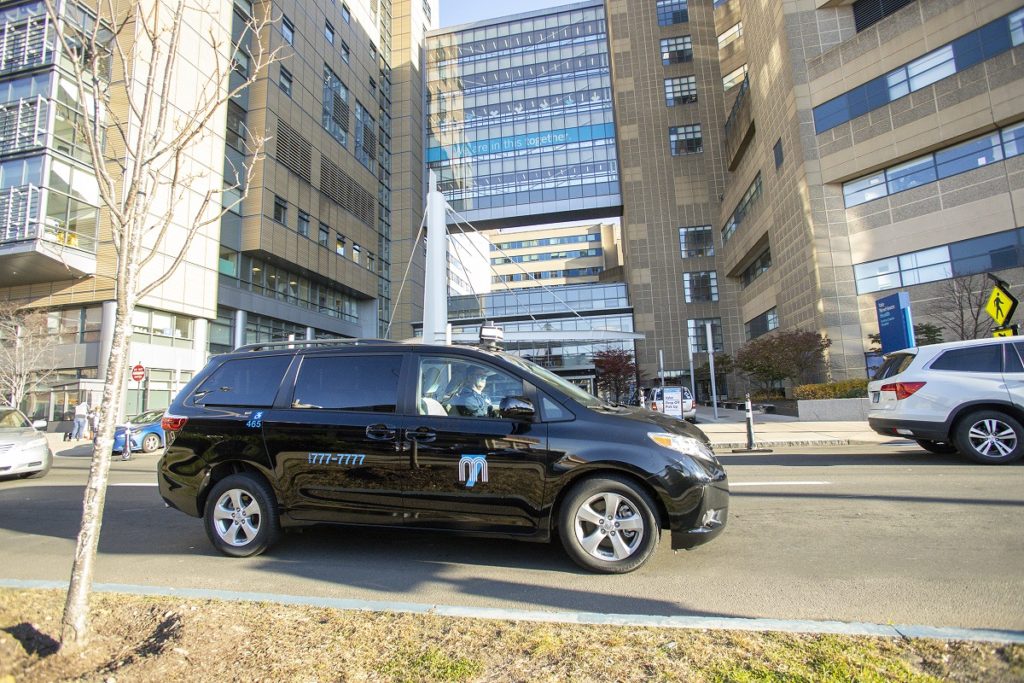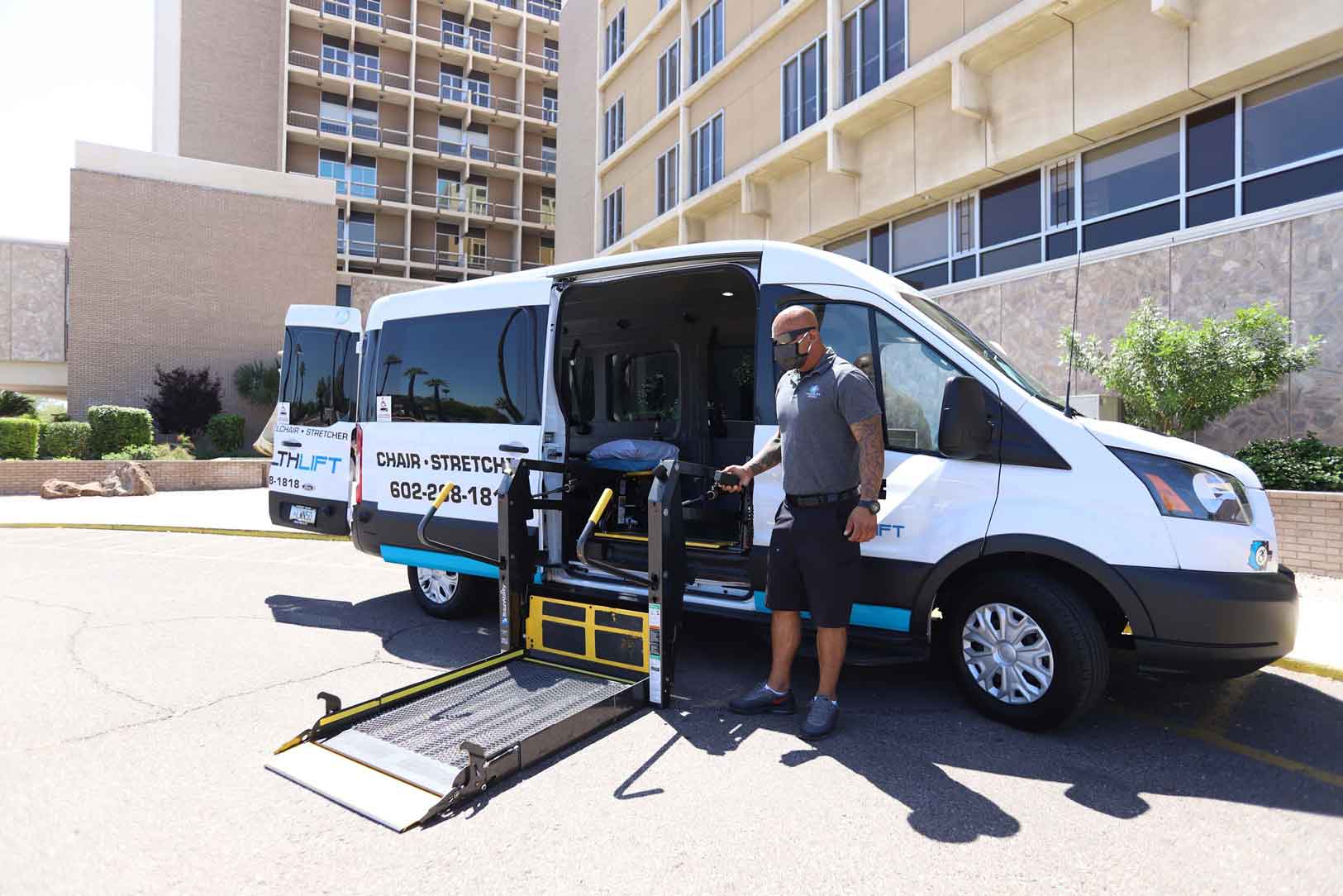Streamlined Medical Transportation Services Near Me: Ensuring Comfort and Treatment
Streamlined Medical Transportation Services Near Me: Ensuring Comfort and Treatment
Blog Article
Available and Affordable Medical Transport Options for Seamless Health Assistance
In the realm of health care, the accessibility and cost of medical transportation are vital in ensuring people can access the treatment they require when they need it. The capability to flawlessly browse transportation alternatives can considerably impact a person's capability to receive prompt medical attention, follow-up treatment, and total well-being. From non-emergency clinical transport solutions to innovative options like telehealth, the landscape of medical transportation is advancing to meet the varied needs of patients. Thinking about the importance of this aspect in health care shipment, checking out the array of options available becomes vital for resolving voids in ease of access and price.
Non-Emergency Medical Transport Solutions

These services are staffed by qualified specialists that prioritize patient convenience and security throughout transit. Chauffeurs are equipped to take care of individuals with varying medical needs and make certain that all journeys are worry-free and smooth - Medical Transportation Services Near Me. In addition, non-emergency medical transport solutions often make use of specialized cars that are wheelchair-accessible, making them appropriate for a large range of patients with different movement needs
Volunteer Vehicle Driver Programs
Volunteer chauffeur programs contribute in providing transport aid for people in requirement of non-urgent healthcare. These programs rely upon the kindness of volunteers who contribute their time and cars to help transportation individuals to and from medical appointments. By using volunteer chauffeurs, organizations can provide a cost-effective service for individuals who might not have accessibility to reliable transport.
One of the key benefits of volunteer vehicle driver programs is the customized care and focus that clients obtain. Unlike conventional transportation services, volunteer chauffeurs commonly establish a relationship with the individuals they help, producing a encouraging and caring environment throughout what can be a difficult time. Additionally, volunteer vehicle driver programs can aid connect the space for people residing in rural or underserved locations where public transport alternatives might be restricted.
Public Transport Options

Among the key advantages of public transport is its extensive availability in rural and city areas alike. This substantial network permits people from varied histories to travel to medical consultations with family member simplicity. Furthermore, mass transit systems are usually furnished to fit individuals with impairments, offering easily accessible traveling choices for those with flexibility difficulties.

Ride-Sharing and Transportation Network Companies
The evolution of contemporary transport alternatives for try these out medical purposes expands past traditional public systems like buses and trains to encompass the cutting-edge world of ride-sharing and transport network companies. this hyperlink Ride-sharing solutions such as Uber and Lyft have revolutionized the method people travel to medical consultations, providing comfort and adaptability to people that might not have access to their automobiles or standard public transport. These systems enable individuals to ask for a ride with the touch of a switch on their smart devices, supplying door-to-door solution that can be especially beneficial for people with flexibility challenges or those needing assistance.
Transport network companies (TNCs) have actually also played a considerable function in connecting the void in medical transport services. Business like Veyo and RoundTrip concentrate on non-emergency clinical transportation, dealing with individuals who require a greater level of aid throughout their trips to medical centers. By partnering with medical care carriers and insurance companies, TNCs guarantee that clients can access timely and reliable transport services, inevitably adding to enhanced wellness results and client fulfillment.
Telehealth and Digital Appointments
Enhancing health care access and comfort, telehealth and digital examinations have emerged as critical components in modern-day clinical methods, reinventing the method patients interact with medical care suppliers. This approach not just saves time and reduces transport expenses for people but likewise boosts the general effectiveness of health care distribution.
Furthermore, telehealth plays an important role in expanding medical solutions to underserved neighborhoods, backwoods, and people with restricted mobility. By damaging down geographical barriers and boosting healthcare outreach, telehealth advertises early intervention, continuity of care, and person interaction. As innovation proceeds to advance, telehealth is poised to play an increasingly significant duty fit the future of healthcare distribution, Visit Website cultivating enhanced health and wellness outcomes and individual contentment.
Final Thought

From non-emergency clinical transportation services to innovative solutions like telehealth, the landscape of medical transport is advancing to satisfy the diverse needs of patients.Non-Emergency Medical Transportation Provider assist in the timely and safe transport of individuals needing non-urgent clinical treatment to and from health care facilities.The development of modern-day transport alternatives for medical purposes prolongs beyond traditional public systems like trains and buses to incorporate the ingenious realm of ride-sharing and transportation network business.Transport network business (TNCs) have also played a substantial function in connecting the gap in clinical transportation solutions. Non-Emergency Medical Transport Providers, Volunteer Chauffeur Programs, Public Transportation Options, Ride-Sharing and Transportation Network Firms, and Telehealth and Virtual Consultations all play a critical role in addressing transportation barriers to health care accessibility.
Report this page